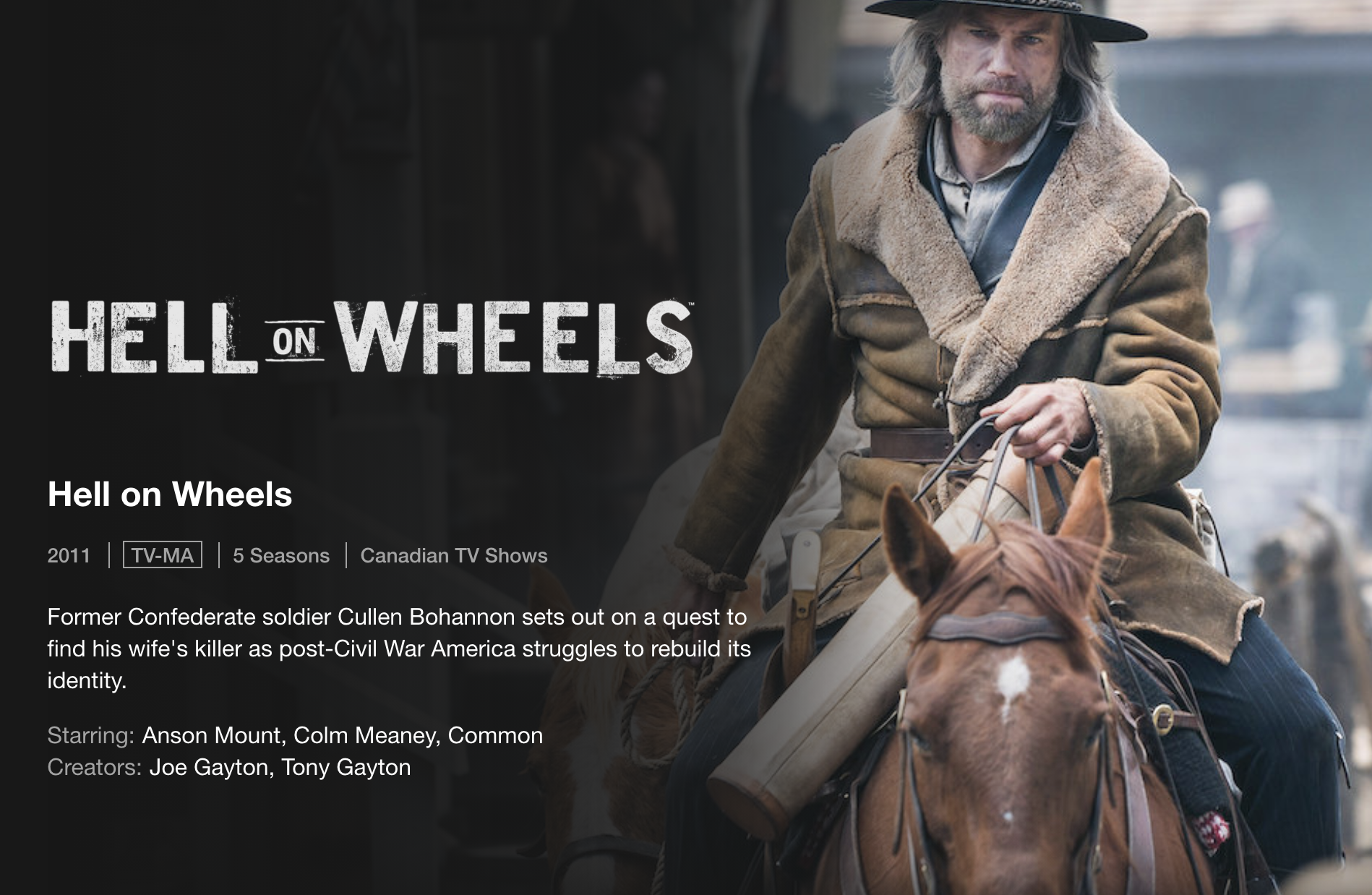

Reflective nostalgia focuses on the longing and the ambivalences of this longing/belonging, and it questions truth. Restorative nostalgia focuses on the home, to cross time to restore the home, and can easily look like truth and tradition. Why is nostalgia so seductive, or manipulative, depending on how it is used? To understand this, there is a distinction between restorative and reflective nostalgia. Of sometimes making sense of “the impossibility of homecoming”. Nostalgia straddles individual melancholy with the story of the collective. A retrospective longing, based on present needs, and setting the stage for the future. Nostalgia is common after revolutions, whether bloody or more of the “velvet” kind. An imaginary home is put up as an actual home or even a homeland-something to kill and die for. The promise to rebuild the home, to go back, something that receives much focus in many ideologies – makes people desire emotional bonding over critical thinking. We can find one another in the algia – the longing – but our nostos - the return home – that is not the same. A condition that seems to appear and reappear with big life changes and historical upheavals.īoym continues to write about the contradictory nature of nostalgia: that it can make us more empathetic towards others, but that once we embark on replacing the longing with belonging, “the apprehension of loss with a rediscovery of identity”, the mutual understanding change. Longing for a community with a collective memory. Progress seems to exacerbate nostalgia, just like globalisation encouraged stronger local connections. It is not always clear what nostalgics long for. To receive Opinions Weekly, sign up for the newsletter here. Then, to return to the past, we require objects, images, literature or music. When the present cannot be trusted, and the future is so uncertain, the past seems to be a comfortable place to go. It is most pertinent when the present is deficient. Nostalgia can only exist if time is viewed as linear. There is a saying that goes: the past has become more unpredictable than the future. The utopian dimension of imagining was no longer directed at the future, but at the past, or sideways, lost in time and space. The future was not something to believe in anymore. In the 21st century, it was regarded as an incurable modern condition. They turned to poets and philosophers for help. Nostalgia could not be found in the mind or the body, and was termed the “hypochondria of the heart”. Longing migrated, it did not refine itself to the motherland.

A return home no longer treated the symptoms. In the 18th century doctors understood that they could no longer solve this ailment. A return to the motherland was considered the best cure. Swiss doctors treated it with opium, leeches, and a journey through the Swiss Alps. Nostalgia was blamed for producing “erroneous representations” that caused people to lose touch with the present. The history of nostalgia tells us that in the 17th century nostalgia was a curable disease, like a cold. It speaks of loss, displacement, and a romance with a fantasy.

In other words, nostalgia refers to a longing home that no longer exists or has never existed. Nostalgia comprises two concepts: nostos, the return home, and algia, longing. In an intriguing book on The Future of Nostalgia, Svetlana Boym also writes about the history of nostalgia. The start of a fascinating journey to come up with something presentable to you, my dear audience. The title “Land, law and (Afrikaner) nostalgia” came to me on a road trip before the content appeared. This then is, according to Wits, my platform to “share brilliant discoveries, innovative ideas and deep insights with the public and the larger academic community”. And just to make it interesting, they add that the title “professor” comes from the need to profess, or to declare publicly, one’s knowledge”. Wits University calls it a “rite of passage” which “for hundreds of years include the test of having to profess your knowledge to a lay audience and fellow academics”.
Good real war says our nostalgia full#
The Nelson Mandela University calls it “a significant milestone in the academic career of a full professor”. My alma mater, Stellenbosch University, states that it is an opportunity to “share knowledge, scientific discoveries and even personal journeys in field with the public and the academic community”. Afrikaners had to, and still have to, find ways to adapt, Elmien du Plessis said in her inaugural lecture as a full professor at North-West University.Īn inaugural lecture, the university’s website states, is for newly appointed full professors, “to present themselves and their area of study to the university and the academic community”. The ending of apartheid disrupted the Afrikaner identity.


 0 kommentar(er)
0 kommentar(er)
